Results
-
£17.00
The Celtic Collection
Collection for Bb (or C Treble Clef) instruments with Piano (or Organ) Accompaniment. Includes: Si Bheag, Si Mor; Londonderry Air; Amazing Grace; Scotland the Brave; Lovely Morar; Mairi's Wedding
Estimated dispatch 7-14 working days
-
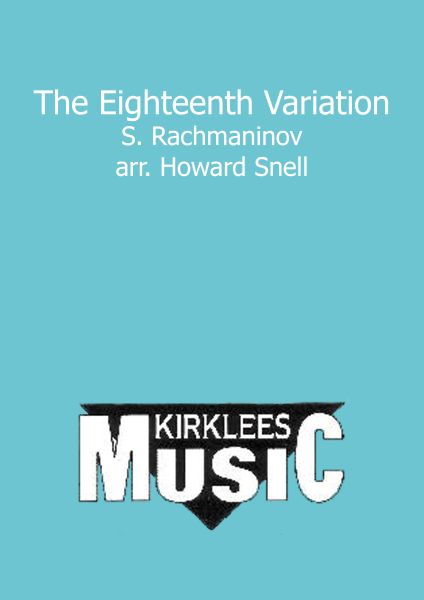 £27.50
£27.50The Eighteenth Variation
A melancholy Rachmaninov melody (from the Paganini Variations for Piano & Orchestra) to melt any romantic's soul. Anyone who doesn't find this melody gorgeous in the extreme needs prolonged medical treatment !
Estimated dispatch 7-14 working days
-
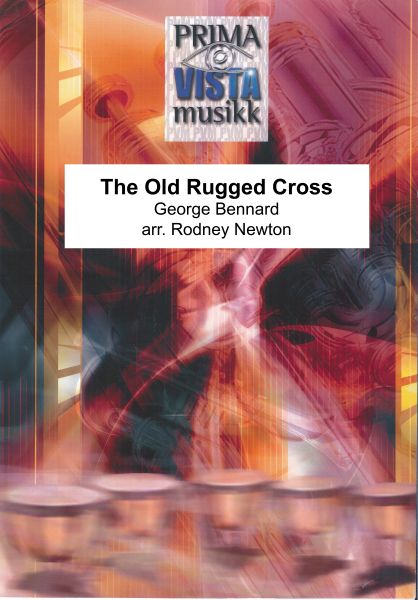 £24.95
£24.95The Old Rugged Cross
This popular hymn tune is here arranged for euphonium solo with brass bandt. A reflective arrangement that should be part of every euphonium player's repertoire.
Estimated dispatch 7-14 working days
-
£10.00
The Old Rugged Cross (Score Only)
This popular hymn tune is here arranged for euphonium solo with brass band accompaniment. A reflective arrangement that should be part of every euphonium player's repertoire.
Estimated dispatch 7-14 working days
-
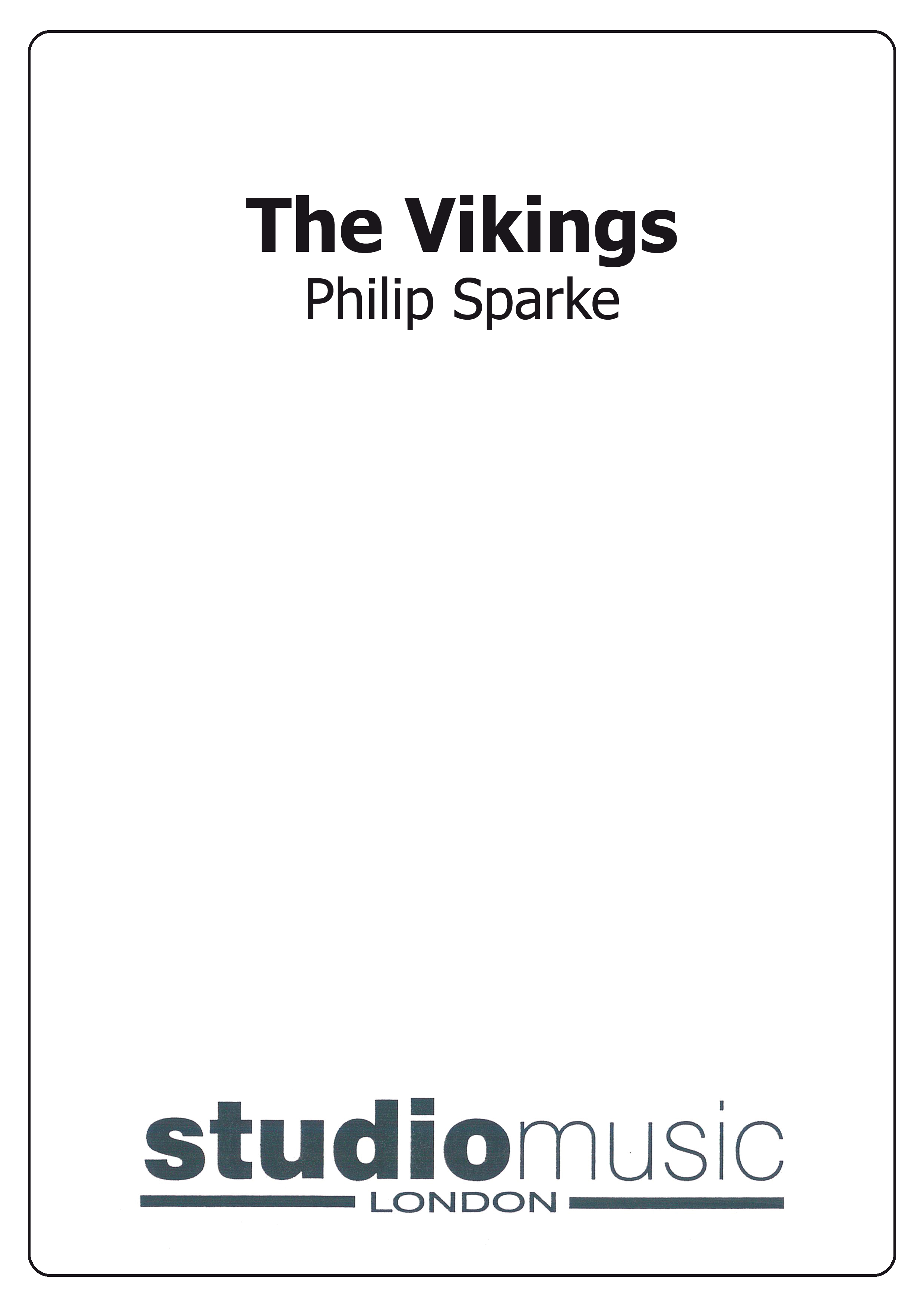 £74.95
£74.95The Vikings (Score and Parts)
Written for Michael Antrobus & The Eikanger-Bjorsvik Band - European Champions 1988/89.
Estimated dispatch 7-14 working days
-
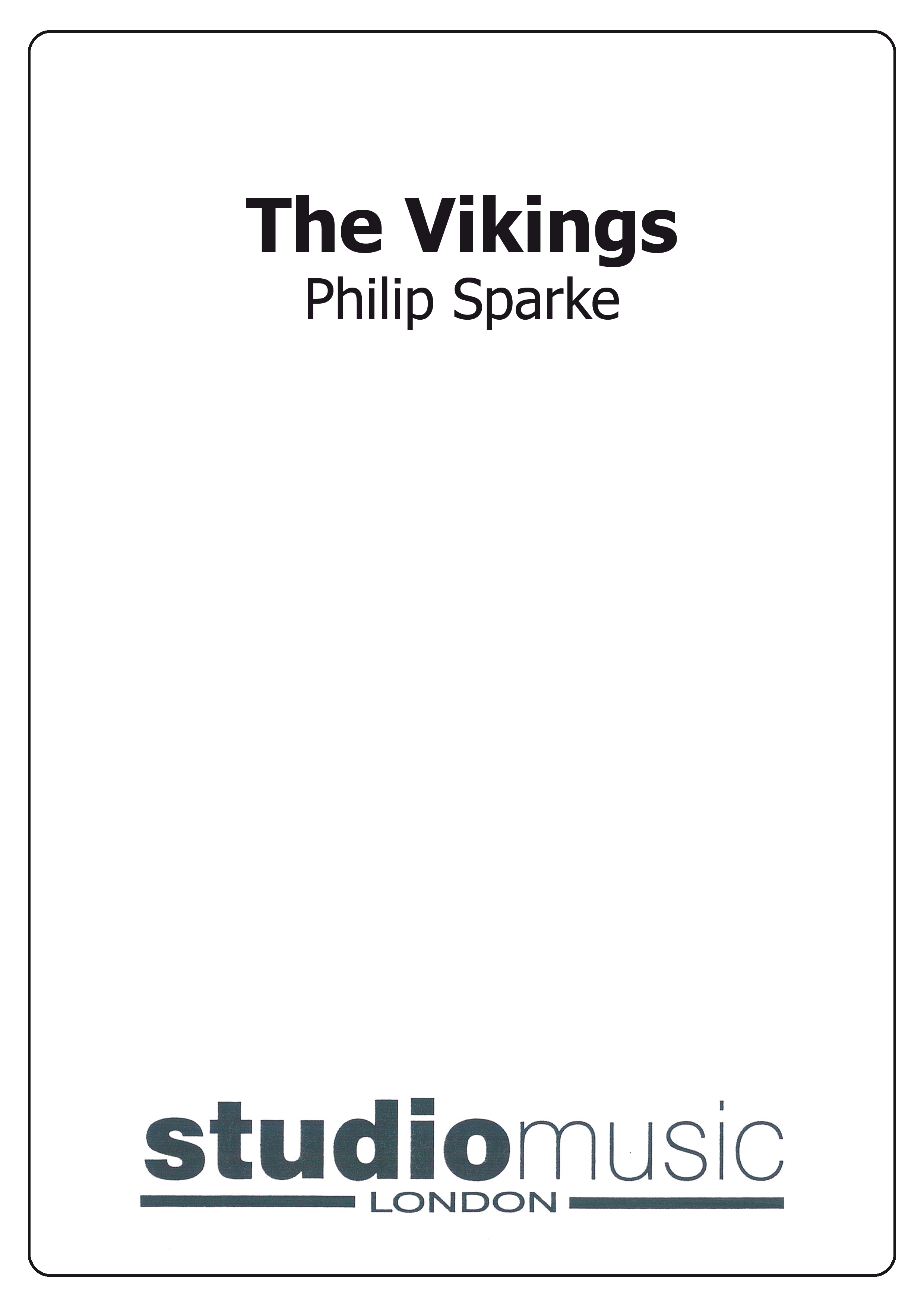 £37.95
£37.95The Vikings (Score Only)
Written for Michael Antrobus & The Eikanger-Bjorsvik Band - European Champions 1988/89.
Estimated dispatch 7-14 working days
-
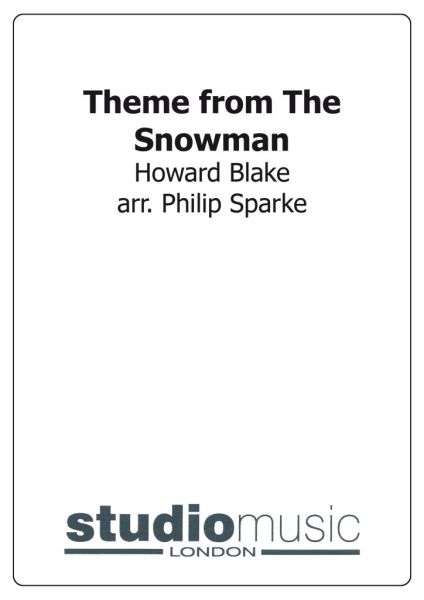 £37.95
£37.95 -
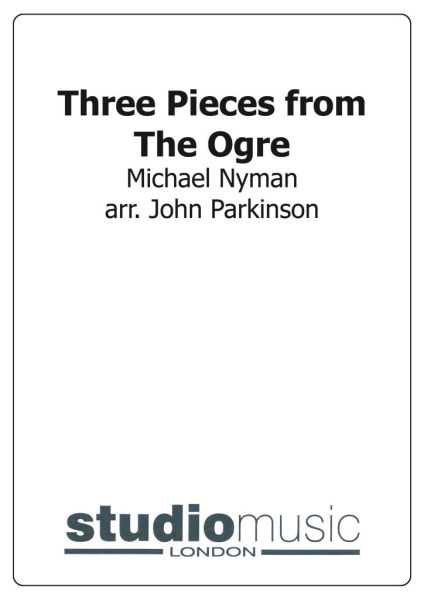 £54.95
£54.95Three Pieces from The Ogre
Three pieces from The Ogre, a 1996 French-German drama film directed by Volker SchlAndorff and starring John Malkovich.Includes: Magic Forest; Into the Woods; Goering's Hunting Party
Estimated dispatch 7-14 working days
-
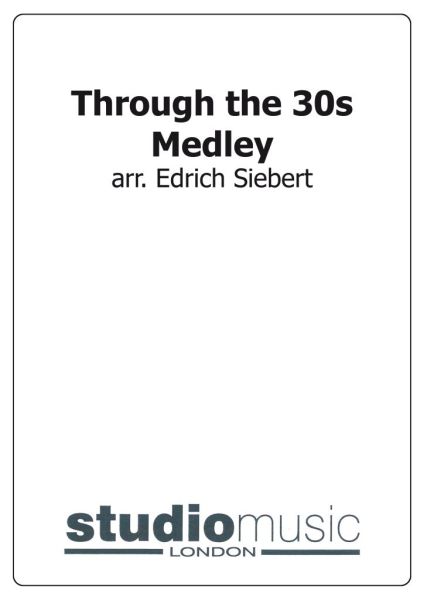 £39.95
£39.95Through the 30's Medley
Includes: Tip Toe Thro' the Tulips; For You; Young and Healthy; In a Shanty in Old Shanty Town; Painting the Clouds with Sunshine.
Estimated dispatch 7-14 working days
-
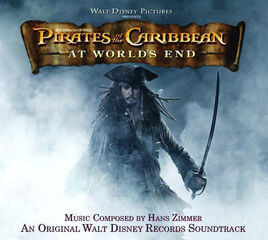 £37.50
£37.50At World's End - Hans Zimmer - Gavin Somerset
'At World's End' is the third film in the 'Pirates of the Caribbean' series. Whilst currently holding the record for the most expensive movie made at the time of release, reviews of the film were mixed and many thought it not as good as its two predecessors. However as with many films, those that have failed to impress on screen can leave behind a soundtrack that remains powerful and popular. Hans Zimmer's music for this third film pulled on the main themes used in the previous two movies with some added material. This arrangement incorporates the new themes from the film, not previously released for band and features the stunning track 'Up Is Down'. This is a work full of energy and one that will engage audiences and performers of all ages. To download the Solo Cornet part, please CLICK HERE . To download the Solo Horn part, please CLICK HERE . To download the Solo Euphonium part, please CLICK HERE . To download the playback audio to play along to, please RIGHT CLICK HERE & Save As .
In Stock: Estimated dispatch 1-3 working days
